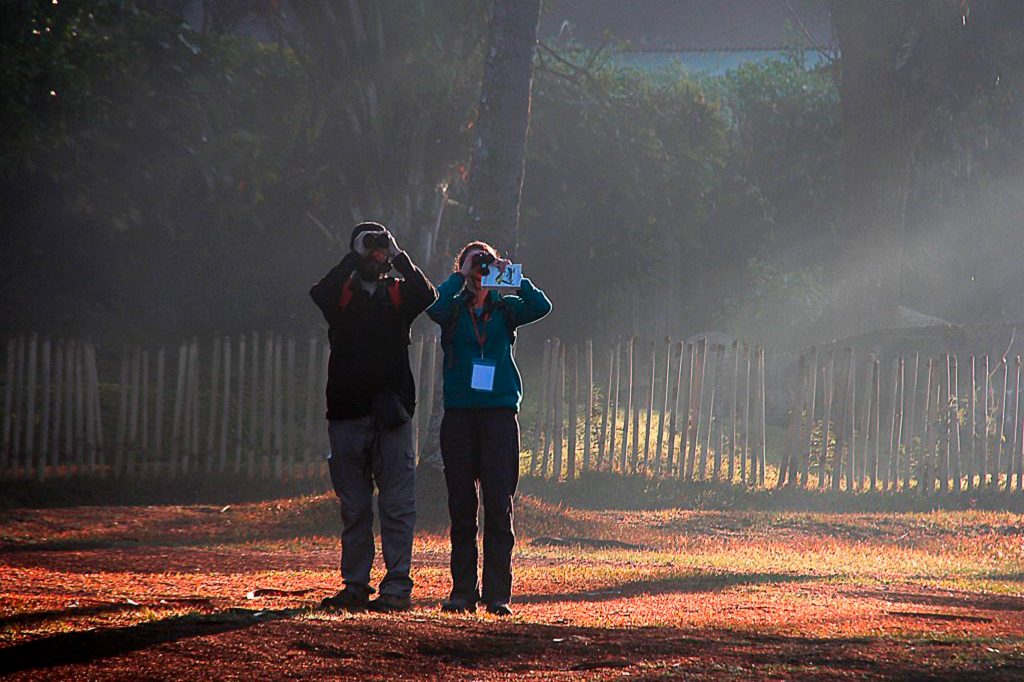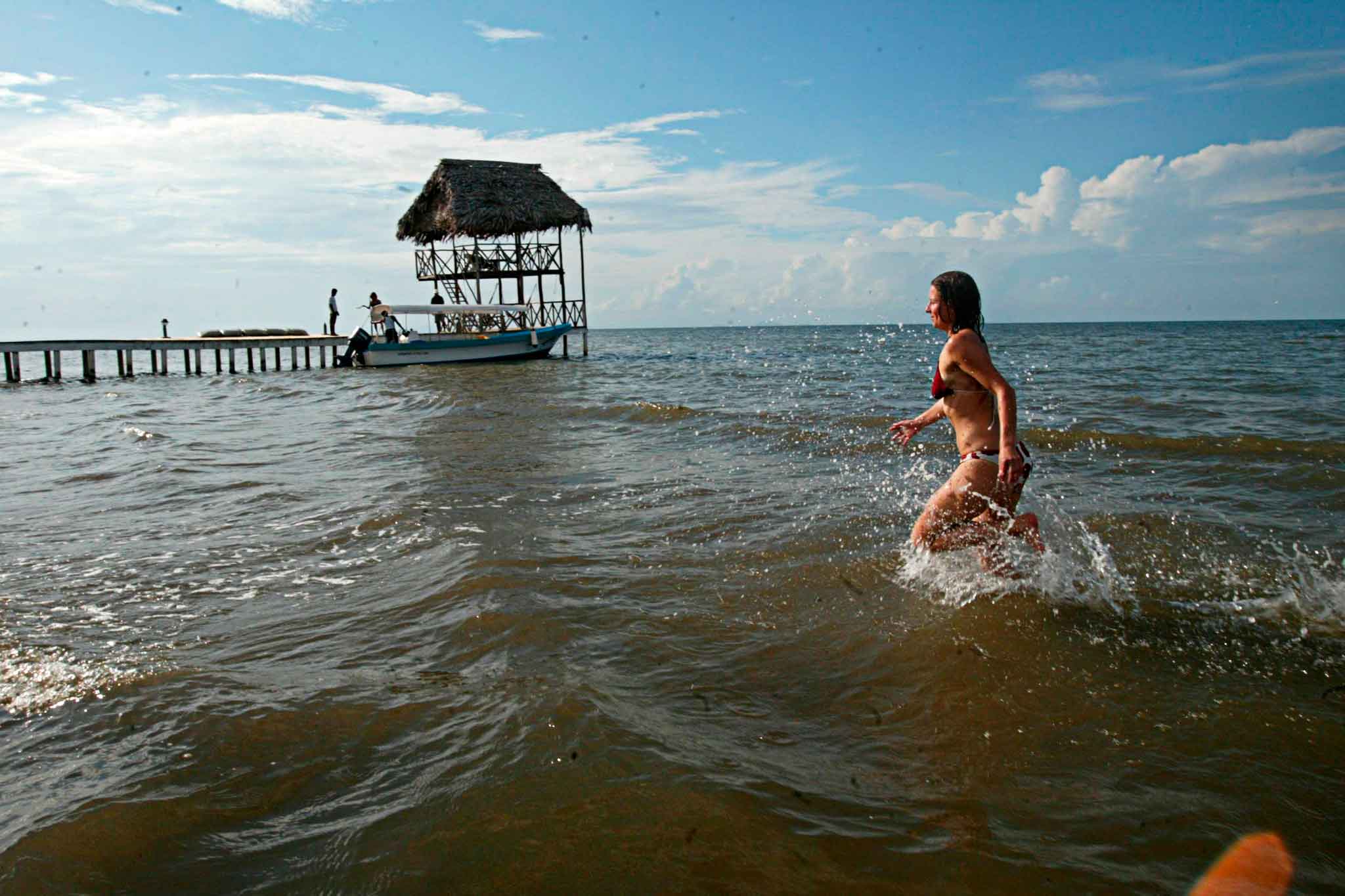Outdoor activities (with precautions) reduce the risk of spreading COVID-19
“We have to open the window and let the wind run free” is one of the oldest sayings of human societies, and one of the best weapon against COVID-19, according to scientists. Antoni Trilla, an epidemiologist and consultant for the scientific committee of the Spanish Government, in a recent interview for ElPaís, said that “if we keep our distance during any outdoors activity, the possibility of contagious is really low.”
In Central America, since the start of the pandemic last march, one of the restrictions that the governments agreed for each country was, closing complete access to green areas and National Parks. However, over the months, the precautions had been changing. For example, in Costa Rica, the national parks reopened in last August, always with limited people and social distancing.
In Panama the de-escalation began on September 7th and it is planned to reopen reception of local tourism and natural parks by September 28th.
In Guatemala, there are some signs of reopening the national parks. Particularly the archaeological ones in the north of the country. Nevertheless, the National Council of Protected Areas (CONAP) informed that, by this moment, there are no specific dates for the reopening. However, the local media announced that the Guatemalan goverment stated that, since October 1st. all indoor and outdoor activities will be allowed, including National Parks.
Tourism and economy

With the propper social distance, outdoor activities are safe, say somo scientists. Jorge Rodriguez/Viatori
Just like the rest of the planet, Central American governments are concern by how their economies are being affected, therefore they have been implementing measures to mitigate the impact as a result of Sars-Cov-2. As the pandemic has extended, studies show that outdoors activities represent a low risk of propagation, opposite to close spaces with large groups of people.
Although “zero risk” doesn´t exist, the probability of catching it is remote. Only 3.7% out of the 188 points of infection outdoors in Spain, originated in an exclusive outdoor activity. “I think is almost necessary to breathe fresh air on a sunny weekend without forgetting the precautions to reduce the risk,” said Julia L. Marcus to the New York Times, who is epidemiologist and teacher of the Medicine School of Harvard University.
In the same line, UNICEF, suggest that each person take steps when going outside:
- Avoid rush hours and places where there are large groups of people.
- Always carry alcohol, additional masks and secure bags to dispose used material.
- Social distancing.
- Carry your own food or buy to take away.
- When return to home, wash your hands with water and soap.
